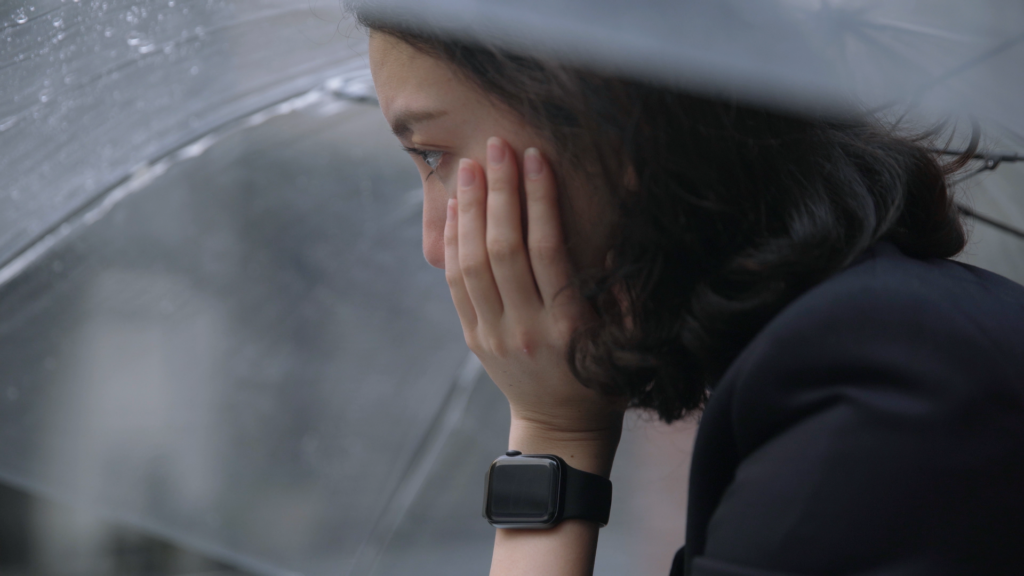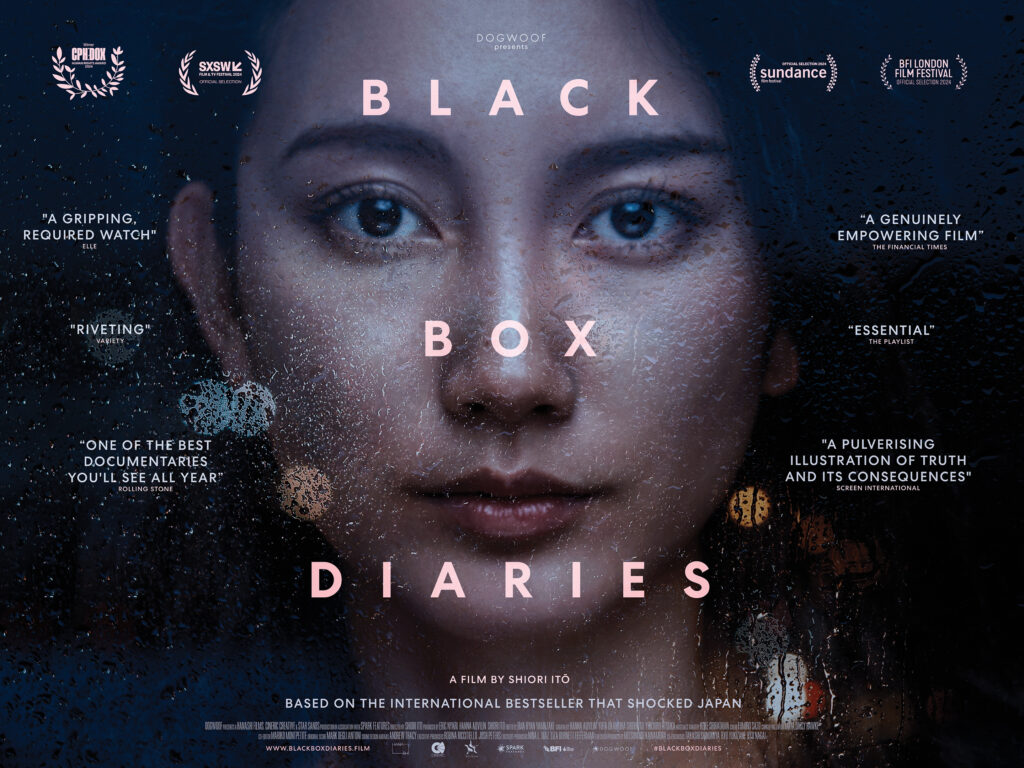Shiori Ito’s Black Box Diaries transcends the conventional boundaries of documentary filmmaking, emerging as an act of defiance, a searing testament to one woman’s refusal to be silenced.
More than a film, it is a meticulously crafted exposé of a system designed to shield perpetrators of sexual assault and silence their victims.Ito, a journalist, was raped in 2015 by Noriyuki Yamaguchi, a man deeply embedded within the upper echelons of Japanese media and politics, with direct ties to then-Prime Minister Shinzo Abe. What unfolds on screen is not just the harrowing account of a sexual assault, but a profound exploration of its reverberations through the corridors of justice, the media landscape, and the very fabric of Japanese society.

The film plunges us into the heart of a deeply entrenched societal issue. In Japan, a staggering 96% of sexual assault cases go unreported, a chilling statistic that underscores the pervasive culture of shame and silence.
Ito, in a bold act of self-representation, takes on the mantle of filmmaker to dismantle this silence, brick by agonizing brick. Her camera becomes a weapon, and the editing room her battleground. We are granted access to her innermost thoughts and struggles, witnessing her grapple with the emotional turmoil of the assault, the bureaucratic labyrinth of the legal system, and the insidious venom of victim-blaming.
Ito’s directorial debut is a masterclass in weaving a story that is both deeply personal and universally resonant. The film seamlessly integrates personal footage, clandestine recordings made during her pursuit of justice, and vérité-style observations, creating a tapestry of vulnerability, resilience, and quiet determination.
We see her navigate the complexities of a legal system that often seems more concerned with protecting the powerful than delivering justice. We witness the media’s complicity in perpetuating harmful narratives, and the societal pressures that push survivors into the shadows.

Yet, amidst the darkness, Ito’s spirit shines through. Her unwavering commitment to seeking accountability, not just for herself but for countless others, is a powerful testament to the human capacity for resilience. Black Box Diaries is not a passive observation of injustice; it is an active intervention, a demand for change.
The film’s impact extends far beyond the screen. By laying bare the systemic failures that allow sexual violence to flourish, Ito has ignited a crucial conversation in Japan and beyond. Her story has emboldened other survivors to come forward, challenging the culture of silence and demanding a more just and equitable society.
Black Box Diaries is not an easy watch, but it is a necessary one. It is a film that will linger in your mind, prompting reflection and demanding action. It is a powerful reminder that even in the face of seemingly insurmountable odds, one voice can spark a movement, and one story can change the world – a truth that lies at the heart of #MeToo.









